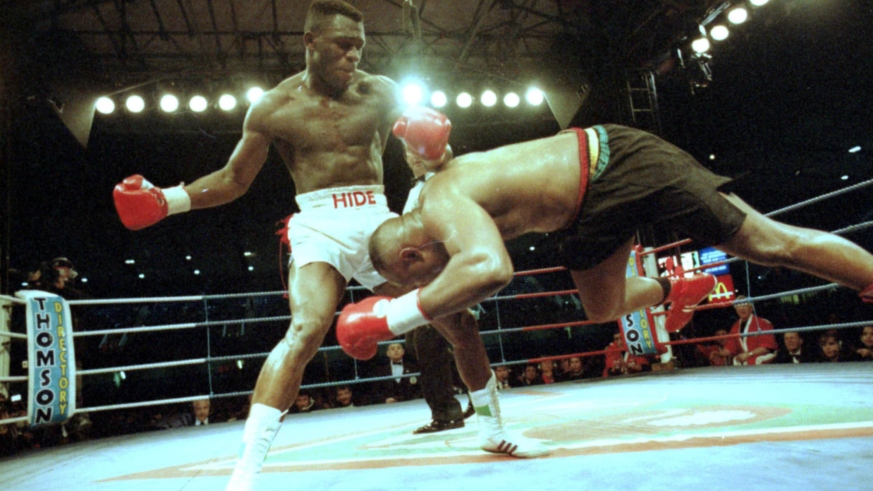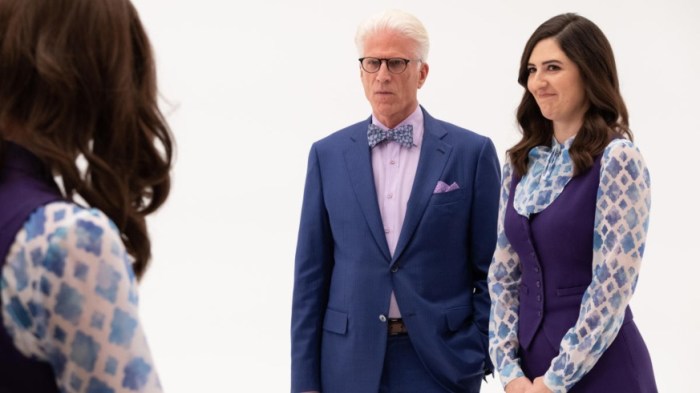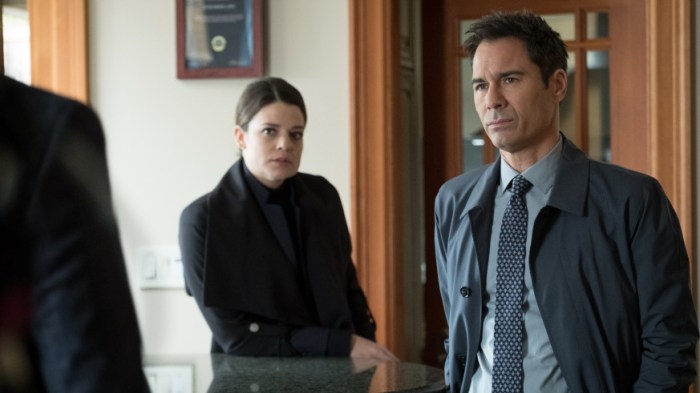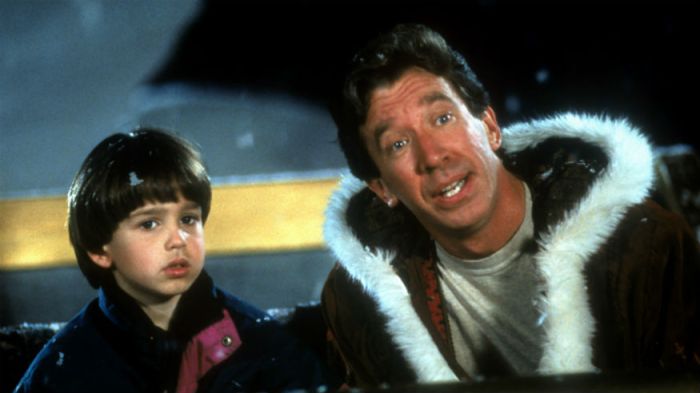From business to politics, America is obsessed with winners. While success in all its forms is celebrated throughout society, those who’ve strived for greatness and failed are often shamed, ridiculed and looked down upon – especially when it comes to sports.
Filmmaker and illustrator Mickey Duzyj hopes to destigmatize failure with his new Netflix series “Losers,” which takes a look at how athletes deal with their most infamous losses. The eight-episode docuseries chronicles characters who’ve suffered devastating defeats like former boxing champion Michael Bentt and golfer Jean Van De Velde, but have found a way to use their losses as motivation to find a new lease on life.
Ahead, we chat with Duzyj about what inspired “Losers” and why we should start embracing our failures.
What inspired you to put the spotlight on the “losers” of the sports world?
I happen to follow a lot of losing sports teams. I’m from Detroit, so the Lions and the Tigers have lost a lot in the time I’ve been a fan. There’s this idea that we always learn more from our losses than we do from our victories, but there’s no real follow through. There are some exceptions in terms of documentaries, I would say “30 for 30” is certainly a series that explores things substantively. But there are so many stories that happened even 20, 30 years ago where no one has thought, “Well, why don’t we check in with these people.” Let’s maybe not make an assumption that this loss that they suffered just hangs around their neck in this painful way forevermore. Maybe there’s some positive to be gleamed from their experience.
I also just feel like, as an American, we do love an underdog story. But if the underdog doesn’t pull it off, we kind of push them off the stage, to be honest. I just felt like there was something there. There was territory that I wanted to explore with my team and I was hoping that the subjects would be open for it, open to be candid about their experience, what they took away from it. And we learned a lot.
A winning at all cost mindset seems to dominate all aspects of American society. Is that detrimental and should we be less afraid of losing?
Failure is very taboo still because we tend to valorize people that are successful, that are champions, people that are rich, politicians who’ve won. We associate virtue and wisdom with those people. For anyone who doesn’t feel like they themselves are on this endless winning streak, they feel ashamed. They feel failure. The most corrosive thing that can happen from that is they don’t try because they don’t want to risk failure.
It’s widely reported that people on both ends of the political spectrum feel like they’re losing, whether they’re losing elections or losing culture wars. These feelings of shame and loss are ubiquitous. What’s not ubiquitous are positive examples, admirable examples, [of people] who’ve suffered very public, humiliating failures. Many of our subjects say that experience, that failure, as awful as it was in the moment, revealed something about themselves to themselves. It revealed an integrity or a character or it was very centering in terms of what’s important in life. Some of them even say that failure was the greatest thing that ever happened to them.
The episode on former boxing champion Michael Bentt was a good example of an overbearing parent who demanded athletic excellence. How big of a role do parents play in forming young people’s relationships with winning and losing?
Not every has what I would consider a toxic relationship with their parents. It just so happened that many of our subjects did have challenging or toxic relationships with their parents, where the failure or the major loss happened that they didn’t really have a support system that they could turn to in regards to parents or family. It really forced them to look in the mirror themselves and try to have that loss or failure not be something that will shame them forevermore. They were kind of born on an island. But certainly I do feel that parents who allow their kid the experience of trying really hard and failing and being able to get up, to not feel so ashamed that they don’t want to try anymore. That’s a much healthier model.
“Losers” is now on Netflix.



















